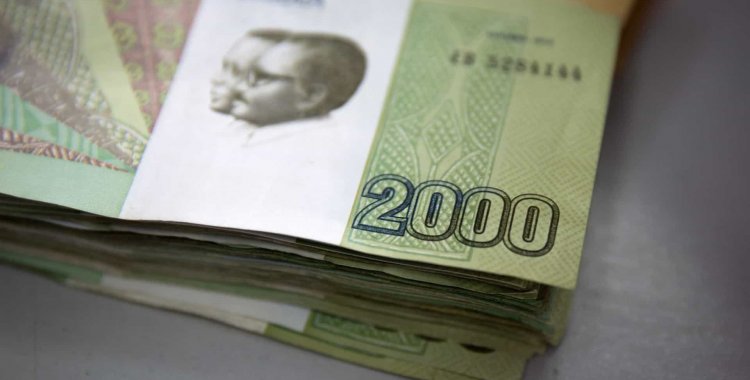The Minister of Finance, Vera Daves, made it known that the results of this operation, in addition to allowing the collection of 20,197,000,000 kwanzas, by Sonangol, also allow 693 investors, including bank employees, to be shareholders of BCGA.
The session for the admission to trading of BCGA shares, via the Angolan Securities and Debt Exchange (Bodiva), represents, according to the authorities, the culmination of the public offer for the sale of the State's share in the scope of the Privatization Program (ProPriv).
ProPriv, underlined the minister, has, therefore, "the power to allow, through the public offer on the stock exchange, shares of national reference companies to be sold, in a competitive manner, at the same time that the market of capital".
The initial public offering comprises 5,000,000 shares representing 25 percent of the share capital of BCGA held by the oil company Sonangol.
For Vera Daves, with BCGA joining Bodiva, the stock market now has new securities and new investment opportunities, also for small investors, "consolidating a long-desired path for the capital market to provide, in fact, alternatives for project financing".
"This financing and investment alternative will be all the more robust the broader and more effective the financial education of all Angolans, from a perspective of knowledge of all alternatives for savings and investment, as well as the inherent risks", she said.
According to Vera Daves, despite the particular moment of the Angolan economy, aggravated by the challenges arising from the global economic and geopolitical situation, the Government is satisfied with the results achieved in the privatization processes of companies in the financial sector.
This was the third privatization action of financial assets, via Bodiva, after the privatization of 100 percent of the shares of the bank BCI (Banco Comércio Angola), via auction on the stock exchange, and the public offer for sale of 10 percent of the shares of BAI (Angolan Investment Bank).
The Minister of State for Economic Coordination of Angola, Manuel Nunes Júnior, said on the occasion that the disposition of BCGA shares for trading on the stock market reaffirms the role of the Angolan capital market as a "transparent and efficient mechanism" for the financing of companies.
"The indicators of this operation are a positive sign of the confidence and expectations of investors in the Angolan economy and their interest in diversifying the sources of profitability of their savings, through investment in new financial instruments", said the minister.
Nunes Júnior added that "the reforms in Angola will continue in the sense of consolidating macroeconomic stability and introducing the structural changes that are required in our economy, in order to make it less and less dependent on oil".
The 25 percent share of the capital is intended for three groups of investors: 15 percent of the capital is intended for current Angolan shareholders, 2 percent for employees and members of governing bodies and 8 percent for the general public.
Francisco Rosado dos Santos believes that this price is adequate for the dynamism of the market. "We tried to find a price — and comparing with the other share that is listed — that would allow an Angolan belonging to the general public and who wanted to acquire (shares) without great discomfort for their personal finances".
The Portuguese State, through Caixa Geral de Depósitos, is the largest shareholder of Caixa Angola, with the remaining capital distributed by Angolan businessmen António Mosquito and Jaime Freitas (12 percent each), Sonangol EP (24 percent) and Sonangol Holding .







